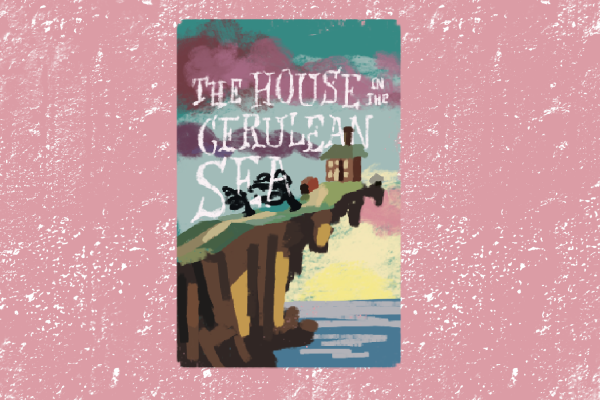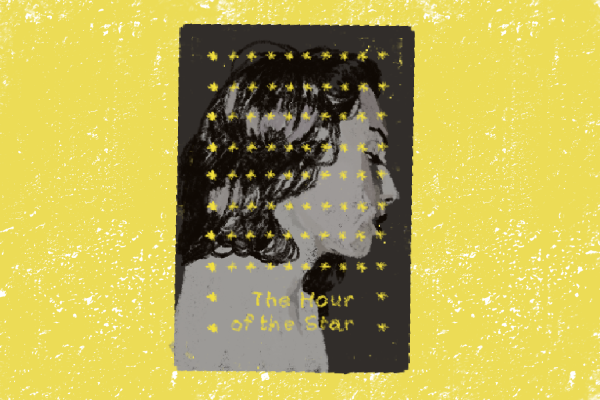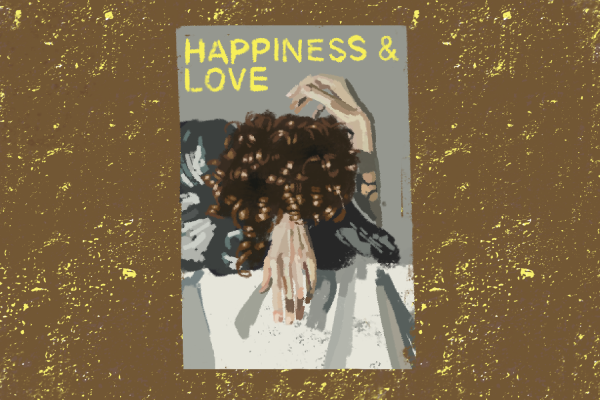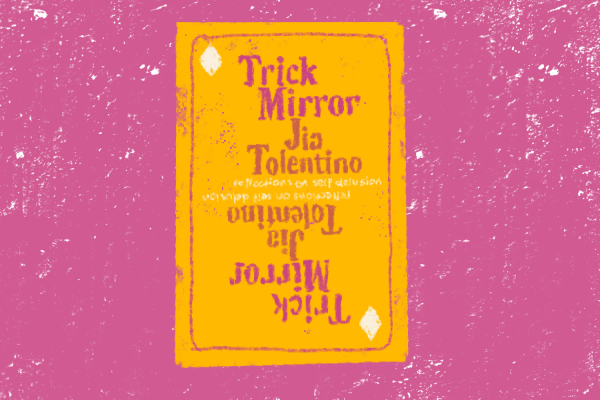“The House in the Cerulean Sea” by T.J. Klune

If you were sucked into the magical worlds of “The Land of Stories” and “Harry Potter” books as a kid, then T.J. Klune’s fantasy books are for you. In “The House in the Cerulean Sea,” government worker Linus Baker is sent on assignment to an orphanage on an island that’s supposedly home to dangerous magical creatures. Upon arrival, though, Linus finds that the creatures are actually kind and charismatic kids under the guidance of an all-too-lovable host named Arthur. Linus quickly understands that this group of misfits are simply children living their lives, and deserve to be treated as such by the government. This comforting tale of found family and joy is perfect to cozy up with on a rainy day and binge-read.
— Skylar Boilard, Performing Arts Editor
“The Hour of the Star” by Clarice Lispector

In “The Hour of the Star,” Clarice Lispector writes from the perspective of a male narrator, who recounts the story of Macabéa, his 19-year-old lady love. What’s most fascinating about the novel — hailed as a masterpiece of Brazilian literature — isn’t the content, but the style. Lispector writes in a fragmented, stream-of-consciousness manner, with her narrator intermittently interrupting the story to philosophize and express his intense self-doubt. It’s perplexing, but astonishing nonetheless.
Macabéa’s story is a dreary one. She’s a poor typist who eats nothing but hot dogs and lives with four neglectful roommates all named Maria. Raised by an abusive aunt and lacking education, she wanders meekly through life. Through the voyeuristic eyes of the emotionally volatile narrator, we learn that Macabéa isn’t even aware of how arduous her life is. Tragic and affecting, pensive and upsetting, “The Hour of the Star” is unlike anything I’ve ever read.
— Leo Field, Film & TV Editor
“Happiness and Love” by Zoe Dubno

I happen to love books about art, literary fiction and stream-of-consciousness writing. “Happiness and Love” is all of these things, and I absolutely ate it up. We spend one evening with our unnamed protagonist at an absolutely insufferable, pretentious dinner party on the Bowery in lower Manhattan. After five years away in London, she returns and finds herself stuck in a room with all of her friends from a past life.
These people are absolutely awful — think of the most snobby, elitist and pseudo-intellectual classmate you know and multiply your rage by 10. That’s why our narrator so desperately tried to escape these art-world elites so many years ago. As she sits on the couch observing the party, readers get insight into the lives and work of these horrible characters. It may be the best satire of the art world I have ever read. It’s absolutely hilarious, ironic and true food for thought.
— Alexa Donovan, Editor-at-Large
“Trick Mirror” by Jia Tolentino

Known for her frequent words on culture in The New Yorker, Jia Tolentino delves into her “self-delusion” and how it is influenced by pivotal cultural pillars in “Trick Mirror.” These nine essays present her view of Americana at the time of the book’s publication in 2019, in addition to reflections on how her own upbringing and education impacted her and her writing. Tolentino’s honest tone brings a clever and nuanced perspective to topics like obsessing over personal wellness and the twisted truths behind reality television — in which she uses her own anecdotes from being a contestant on a reality show in her youth.
The most notable and cutting essay, “We Come from Old Virginia,” places Tolentino back at the University of Virginia, which she attended in the mid-2000s. As a journalist, she deeply investigates a 2014 Rolling Stone feature about an accusation of gang rape at a fraternity party, exploring the pressure placed on both Rolling Stone and her alma mater’s reputation. Tolentino makes a point to call out ugly truths — a glaring one being UVA’s history of violence against women that went unreported.
— Karina Rower, Staff Writer
Contact the Arts Desk at [email protected].






















































































































































